Flooding fears have scuppered a bid for two houses in the grounds of Monifieth’s former Panmure Hotel.
The once-thriving establishment closed in 2018 and was converted into nine flats.
The main east coast rail line passes the former hotel and the River Tay is around 250 metres away.
In 2019, an application for two houses on what was previously car parking and garden ground was withdrawn.
The plan was re-submitted in late December 2020.
But Angus planning officials have now issued a refusal after objections from the council’s own roads department and environmental agency Sepa.
The site sits close to the Monifieth Burn and they say the houses would be at risk from a 1-in-200-year flood event.
Planners also noted that while Scottish Water didn’t object to the proposal, they would not allow the houses to connect into the public sewer.
Sepa objected in principle and said that if permission was granted the application could be referred to the Scottish Government.
Local opposition
There were also 24 letters of objection to the plan, which included concerns the houses were out of keeping with the character of the area.
There were also worries over a loss of garden ground for the flats in the converted hotel.
Last June, Angus planners put a Tree Preservation Order on mature specimens in the grounds.
They said the trees were an important feature on the boundaries with Tay Street and Princes Street.
Officials said the trees would probably have to be removed and that would be a breach of council policy.
Developers argued the houses could be built on the site without any serious risk of flooding to the properties.
And they said the combined numbers living there would be much less than the hotel’s occupancy in its heyday.
But planning officials felt the application fell short of expectations.
“While the proposal accords with some aspects of development plan policy, it fails to comply with policies designed to ensure that development is consistent with the character and pattern of development in the surrounding area,” they said.
“While it is acknowledged that there would be some economic and social benefit in the delivery of new housing, the development on a site which is subject to flood risk is not considered to contribute to sustainable development.”
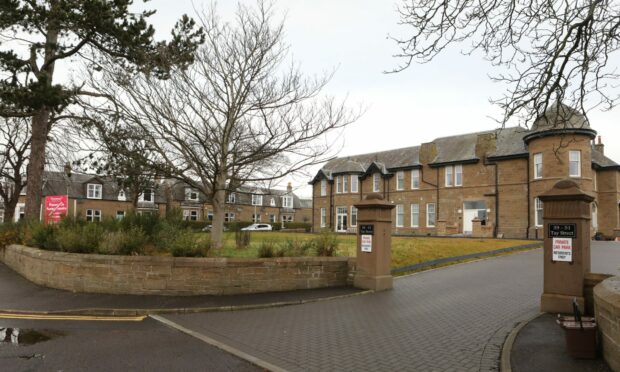
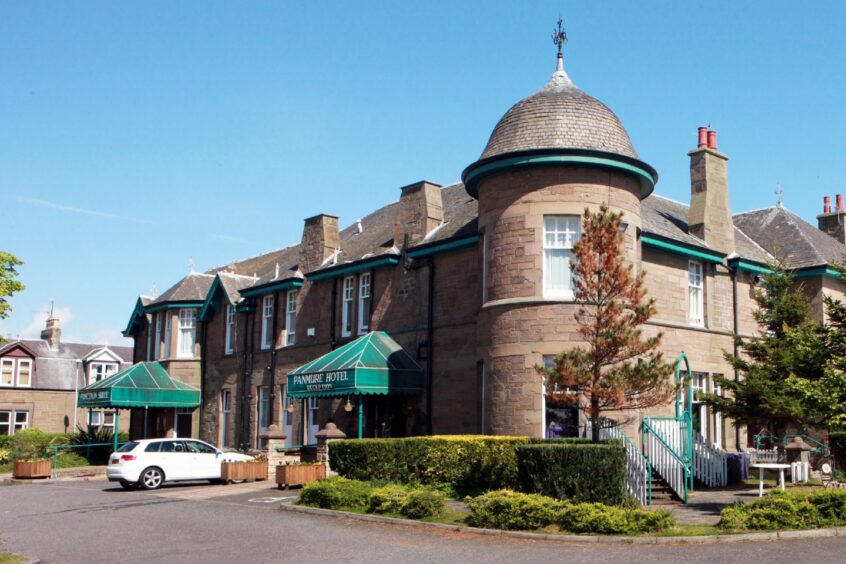
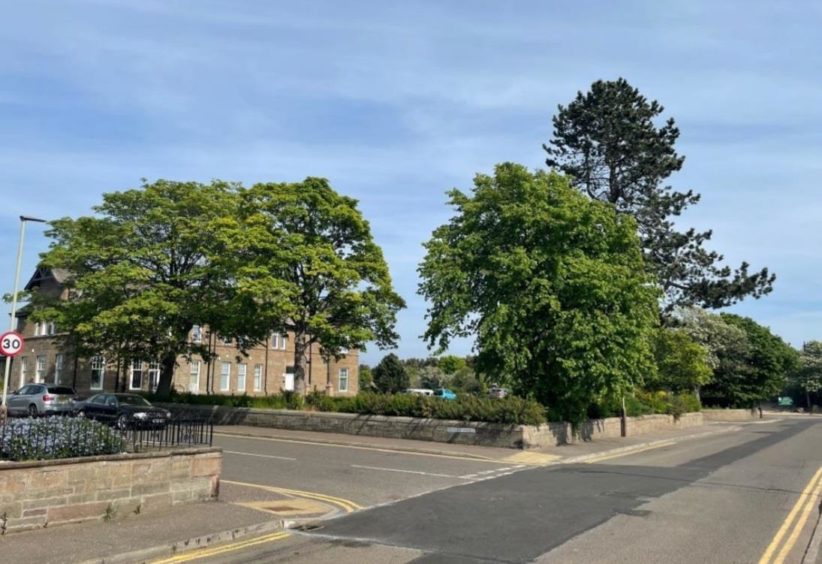
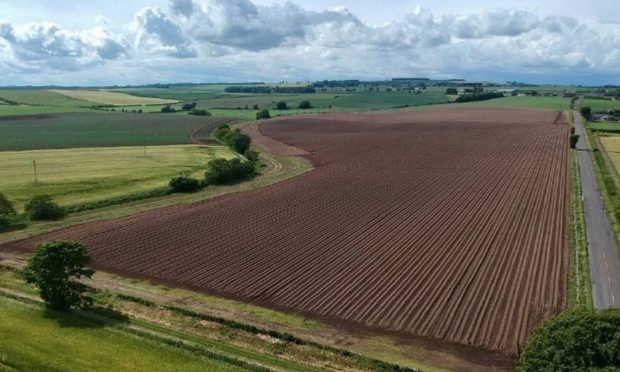



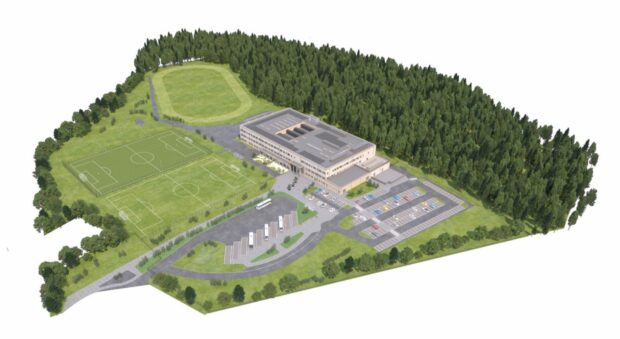


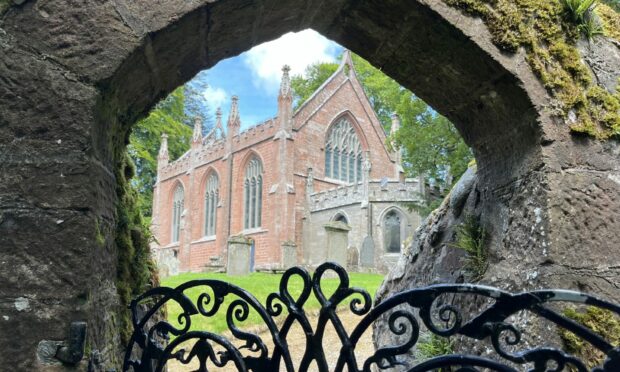
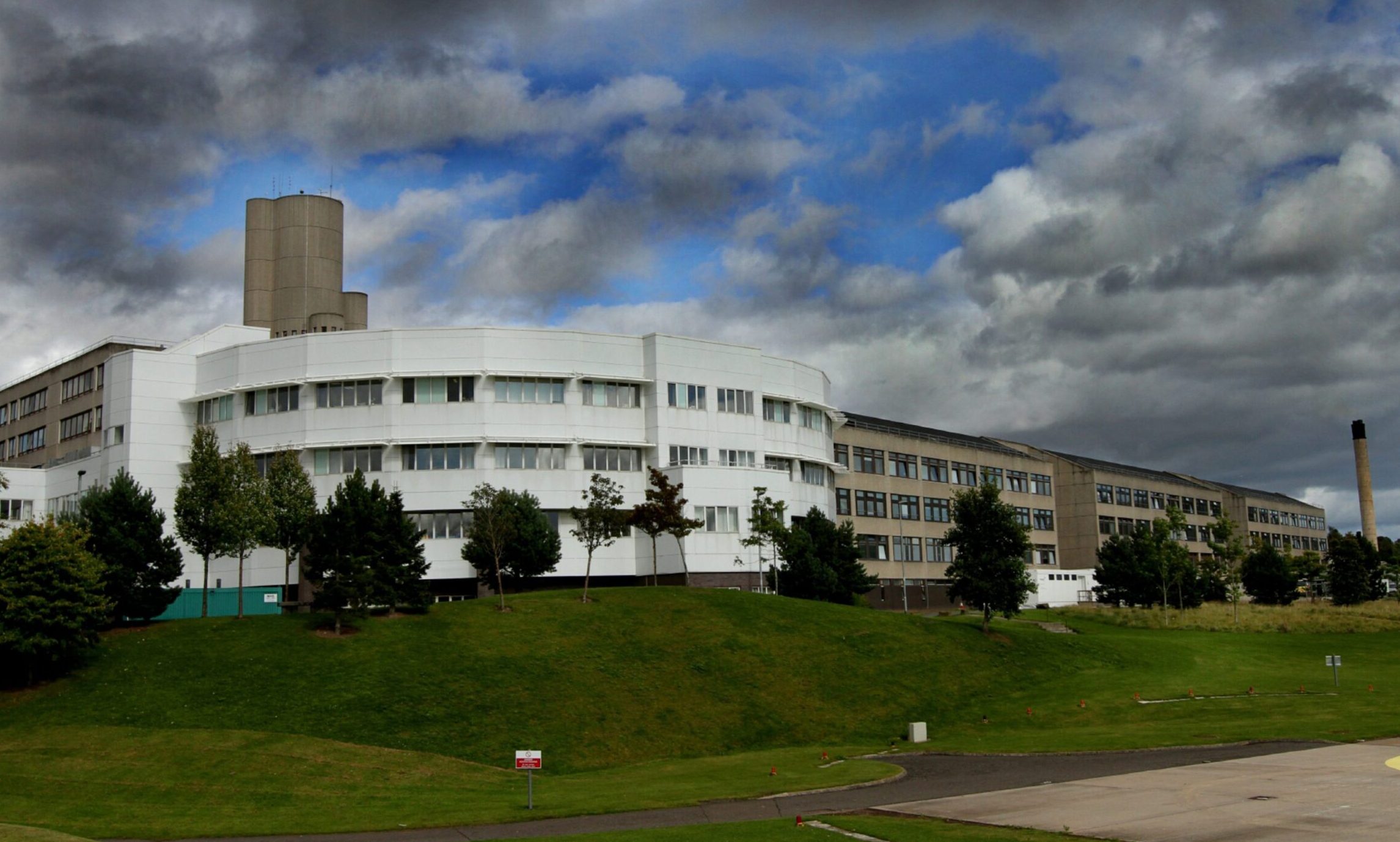
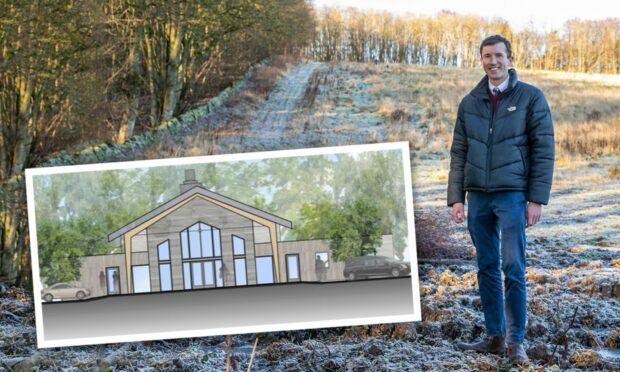
Conversation